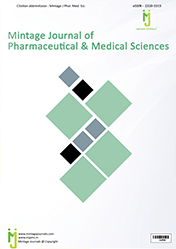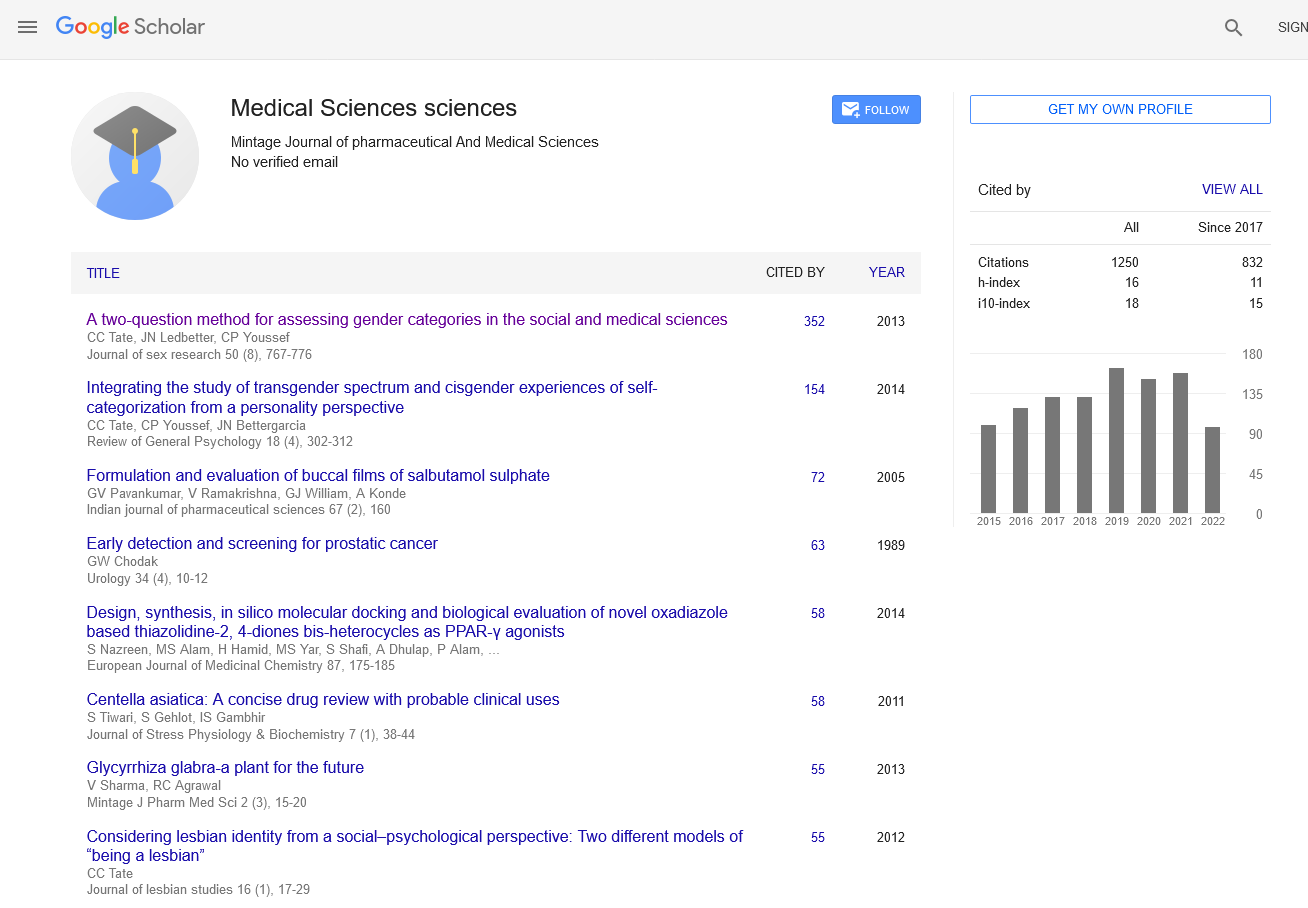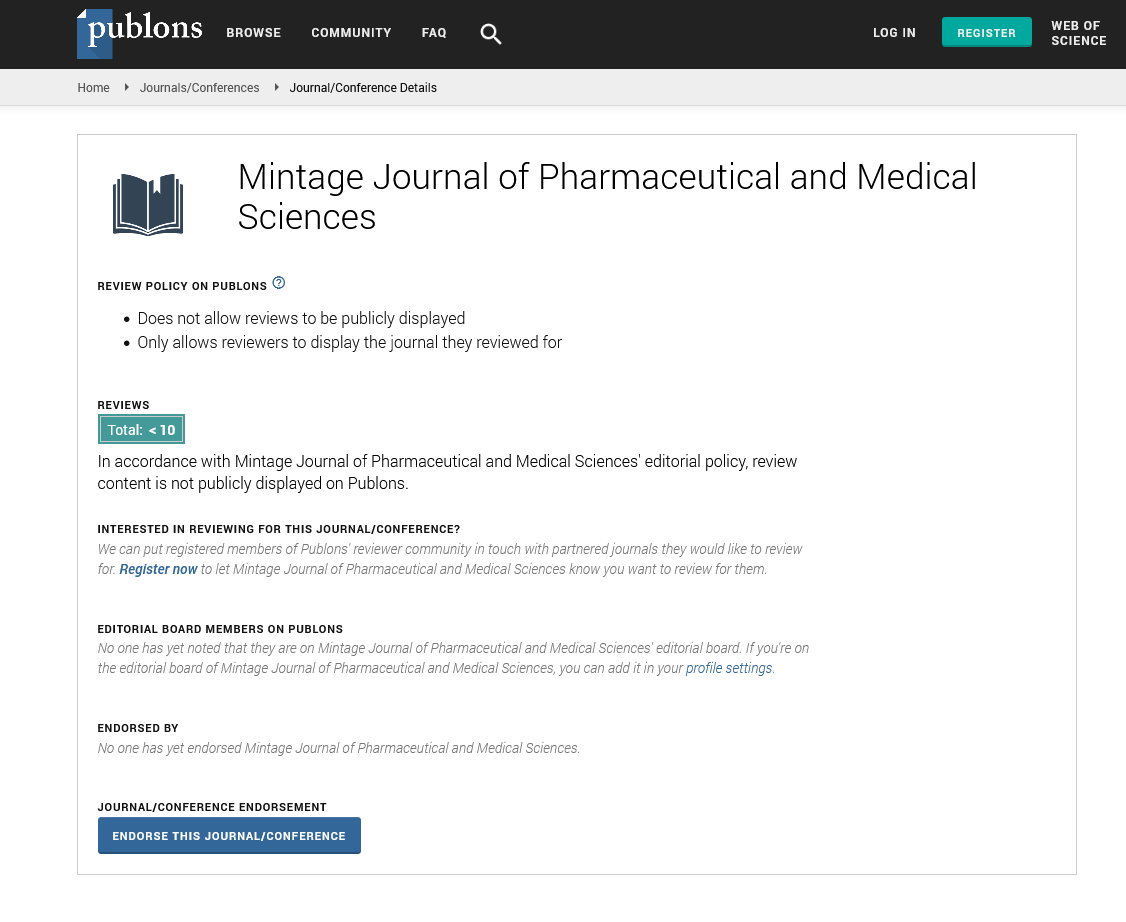EXPLORING MARINE ORGANISMS AS POTENTIAL SOURCES OF BIOACTIVE COMPOUNDS FOR PHARMACEUTICAL APPLICATIONS
Commentary - (2023) Volume 12, Issue 3
Description
Exploring marine organisms for bioactive compounds is a promising area of research within pharmacognosy. The diverse and largely unexplored marine environment holds immense potential for discovering novel compounds with pharmaceutical applications. Marine organisms, including various species of algae, sponges, corals, molluscs, and even some microorganisms, have been found to produce a wide range of bioactive compounds with potential pharmaceutical, medical, and biotechnological applications. The oceans are home to a vast array of organisms, including sponges, corals, algae, molluscs, and many others. Each of these species may possess unique bioactive compounds. Researchers often embark on expeditions to collect samples from different marine habitats, including deep-sea environments, coral reefs, and coastal areas.
Sponges are particularly rich sources of bioactive compounds. Compounds like spongin, alkaloids, and terpenes have been isolated from various sponge species. Coral reefs are incredibly diverse ecosystems and are known to harbour a wide range of bioactive compounds, including alkaloids, peptides, and terpenoids. Many marine organisms have symbiotic relationships with microorganisms. These symbionts can be a source of unique bioactive compounds. Various marine animals, such as cone snails, sea anemones, and fish, produce peptides with potent pharmacological activities, including analgesics and neurotoxins. Compounds derived from marine organisms have shown promise as potential anti-cancer agents. Examples include compounds from sea cucumbers and marine microorganisms.
Marine organisms have yielded compounds with significant antimicrobial properties, which could be crucial in the fight against antibiotic-resistant bacteria. Some marine-derived compounds have shown anti-inflammatory effects, which could be valuable in treating inflammatory conditions. Compounds with neuroprotective properties, potentially beneficial for neurodegenerative diseases, have been identified in certain marine species. Techniques such as bioprospecting, metagenomics, and genetic engineering are being used to optimize the discovery and production of bioactive compounds from marine organisms. It’s crucial to consider sustainable harvesting practices and conservation efforts to ensure the long-term viability of marine resources for pharmaceutical applications.
Research is being conducted to develop effective formulations and delivery systems for bioactive compounds derived from marine sources. Researchers in this field must also address regulatory and ethical issues related to the collection and utilization of marine organisms for pharmaceutical purposes. Overall, the exploration of marine organisms for bioactive compounds offers a rich and untapped source of potential pharmaceutical agents, with applications in various fields of medicine. However, it’s essential to approach this research with a commitment to environmental sustainability and ethical considerations. Utilizing bioinformatics tools and metagenomic approaches to analyze the genetic potential of marine microbiomes for bioactive compound production.
Cytarabine (Cytosar-U) which is originally isolated from a Caribbean sponge, Cytarabine is a crucial chemotherapy drug used in the treatment of leukemia and lymphoma. Eribulin (Halaven) is derived from the sea sponge Halichondria okadai, Eribulin is used to treat metastatic breast cancer. Brentuximab vedotin (Adcetris) utilizes a synthetic version of dolastatin 10, originally derived from a marine mollusc, for the treatment of certain lymphomas.
It’s important to note that while marine organisms offer a vast potential for the discovery of bioactive compounds, ethical and sustainable practices should be employed to protect marine ecosystems. Additionally, thorough research and clinical trials are necessary to validate the safety and efficacy of any compounds derived from marine sources for pharmaceutical applications.
Acknowledgement
The authors are very thankful and honoured to publish this article in the respective Journal and are also very great full to the reviewers for their positive response to this article publication.
Conflict Of Interest
We have no conflict of interests to disclose and the manuscript has been read and approved by all named authors.
Author Info
Devin Oberry*Received: 29-Aug-2023, Manuscript No. mjpms-23-117138; , Pre QC No. mjpms-23-117138(PQ); Editor assigned: 31-Aug-2023, Pre QC No. mjpms-23-117138(PQ); Reviewed: 14-Sep-2023, QC No. mjpms-23-117138; Revised: 19-Sep-2023, Manuscript No. mjpms-23-117138(R); Published: 26-Sep-2023, DOI: 10.4303/2320-3315/236052
Copyright: This is an open access article distributed under the terms of the Creative Commons Attribution License, which permits unrestricted use, distribution, and reproduction in any medium, provided the original work is properly cited.

ISSN: 2320-3315
ICV :81.58

